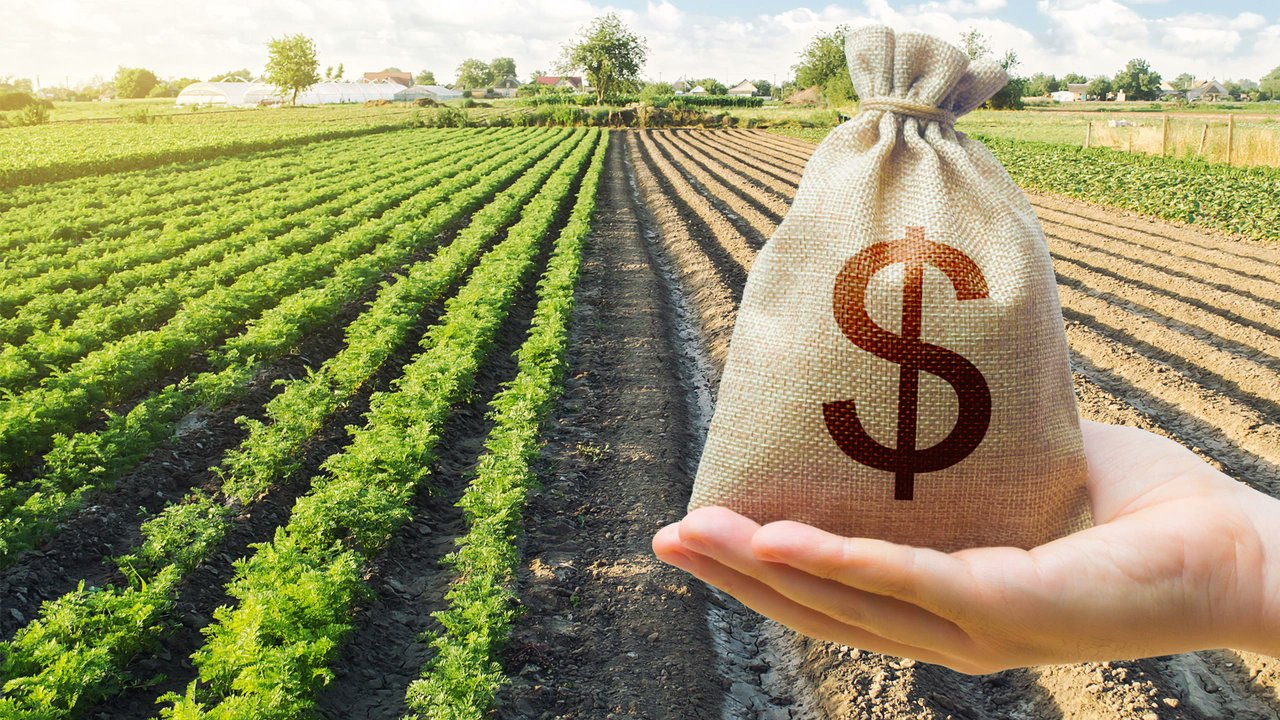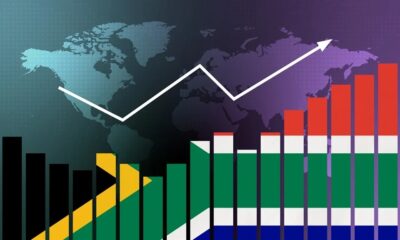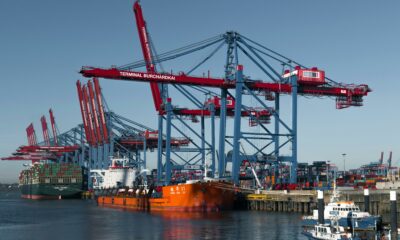Business
How South Africa’s Farms Are Keeping the Economy Afloat Amid Uncertain Times

When South Africa’s GDP figures came out this week, many breathed a sigh of cautious relief. The economy grew a modest 0.1% in the first quarter of 2025 — hardly a boom, but slightly better than many had feared after a sluggish 0.4% increase in the last quarter of 2024. The surprise? Agriculture, South Africa’s often unpredictable but vital sector, delivered a strong performance, providing a much-needed boost amid a sea of economic challenges.
Farming’s Unexpected Role in a Shaky Economy
For decades, mining and manufacturing have been South Africa’s economic engines. But in recent years, their engines have sputtered — and the latest stats confirm this ongoing slump. Mining production dropped by 4.1%, with platinum group metals leading the decline. Manufacturing fell by 2%, dragging down overall economic activity.
Yet, while much of the economy contracted, agriculture bucked the trend. Dr. Elna Moolman from Standard Bank attributes the slight GDP uplift to this “very strong” agricultural sector performance, which offered a welcome reprieve.
Why Should We Care About Farming?
In South Africa, farming is more than just food production — it’s a cultural cornerstone, deeply woven into rural livelihoods and the country’s identity. Agriculture’s ups and downs ripple through small towns and farming communities, where many depend on seasonal harvests for income and jobs.
The strength in farming helped offset the poor showings elsewhere, softening the blow of industrial decline. But experts warn this might be a fleeting bright spot rather than a long-term trend.
A Weak Industrial Heartbeat
Mining and manufacturing aren’t just old industries; they are critical to jobs and exports. Their weakness signals broader economic problems. Johann Els, Old Mutual’s chief economist, notes that electricity production also dipped, reflecting deeper issues in industrial supply chains.
Economist Azar Jammine paints a stark picture of “deindustrialisation” continuing unabated, describing the industrial sector as “really appalling.” For a country long reliant on factories and mines, this is troubling news.
Investment and Confidence: The Missing Links
A big red flag in the new data is the drop in fixed investment, especially in the private sector, hitting the lowest levels since 2021. This slowdown in building, construction, and machinery investment threatens to choke future growth and job creation.
Without private sector confidence, the economy risks stagnation. Lara Hodes from Investec highlights how weak business confidence is weighing heavily on investment decisions.
What Are the Experts Saying?
Most economists agree the first quarter’s numbers are better than feared but still weak overall. Forecasts for 2025 hover around 1.2% to 1.4% growth, with cautious optimism that conditions might improve later in the year. But some voices, like Dr. Jammine’s, warn these forecasts could still be too rosy given persistent structural challenges.
South Africans React: Mixed Feelings on Social Media
On social platforms, the mood reflects the economic tug-of-war. Some celebrate the agricultural boost as a sign that the economy isn’t in free fall, while others express frustration at the slow pace of industrial recovery and investment.
A common thread in tweets and posts is the call for government reforms to inspire business confidence — from speeding up infrastructure projects to stabilizing the energy supply and addressing policy uncertainties.
The Bigger Picture: Why This Matters
South Africa’s economy isn’t just numbers on a page — it’s millions of lives and futures. The 0.1% growth figure may seem small, but it represents a fragile balance between hope and hardship.
Agriculture’s unexpected strength reminds us of the country’s diverse economic fabric and the resilience of rural communities. But without urgent efforts to revive mining, manufacturing, and investment, that resilience alone won’t be enough to sustain long-term growth.
As the year unfolds, all eyes will be on whether key reforms and investments materialize to lift the economy from its slumber. For now, South Africans can take heart that their farms are playing a pivotal role in keeping the economic lights flickering — but the real work to rebuild the country’s industrial backbone is just beginning.
{Source: IOL}
Follow Joburg ETC on Facebook, Twitter , TikTok and Instagram
For more News in Johannesburg, visit joburgetc.com



























